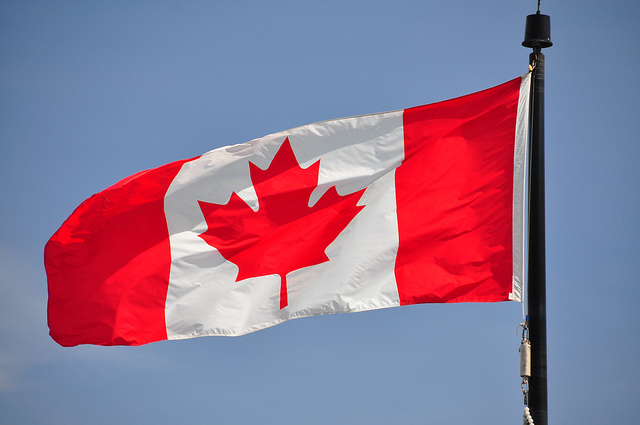How Trudeau Can Improve Our National Security Policy-Making Process
When overhauling Bill C-51 in the coming months, the new Trudeau government should give serious consideration to revamping Canada’s national security policy-making apparatus to ensure the adoption of well-informed and objective national security and foreign policies. In doing so, the process should include an executive-level whole-of-government approach for maximum policy effectiveness. This would tie-in nicely to the Liberal government’s proposal to institute parliamentary oversight of national security affairs by essentially enhancing the policy process from beginning to end. Given the dynamic and complex issues faced with abroad, there is no time better than the present to rethink how Canada approaches national security and foreign policy.
One option to consider would be the establishment of a National Security Council, similar to that found in the United States. The primary function of the U.S. National Security Council is to advise and assist the president on national security and foreign policy matters. It also serves as the coordinating body for these policies. In the United States, the National Security Council is chaired by the president, and consists of relevant cabinet-level secretaries including those from the Departments of State, Defense, Treasury, Homeland Security, and Justice, among others. It also includes the president’s National Security Advisor, the Director of National Intelligence, the Chairman of the Joint Chiefs of Staff and the Ambassador to the United Nations. This broad membership ensures that the entirety of the U.S. government’s interests and capabilities are considered when advising the president during the policy and decision-making process.
In Canada, national security and foreign policy matters are deliberated at the senior levels through the Cabinet Committee on Foreign Affairs and Security, which is chaired by the Minister of Justice, and not the prime minister. By contrast, the predecessor to this forum was the Cabinet Committee on National Security, which was chaired by the prime minister between 2011 and 2013. The current iteration of the Committee is composed of partisan ministers from relevant departments and is supported by the Privy Council Office’s Foreign and Defence Policy and Intelligence and Security Secretariats. In this regard, Canada’s approach is not flawed, as many of the key players are involved in the process, but could be improved by expanding membership to include non-partisan and specialized expertise.
If following the U.S. model, the Cabinet Committee on Foreign Affairs and Security should be replaced with a Canadian National Security Council, chaired by the prime minister, and which should continue to include key ministers from relevant departments, such as Foreign Affairs, Defence, Public Safety, Finance and Justice. This Council should also include key senior practitioners who can offer specialized expertise in intelligence, military and law enforcement. These individuals would be the National Security Adviser, the Chief of the Defence Staff, the Director of the Canadian Security Intelligence Service and the Commissioner of the Royal Canadian Mounted Police. Senior staff members from the Prime Minister’s Office, such as the Chief of Staff and the Principal Secretary, should also be participants to ensure appropriate prioritization at the very top.
Given that the new Trudeau government will want to reassert Canada’s positive influence on the world stage, it will be important to have an executive-level forum where relevant senior officials responsible for national security and foreign policy can deliberate in confidence on matters guiding Canada’s strategic trajectory on security and foreign policy matters. The outcomes must be policies that are evidence-based as well as beyond politics and that support Canada’s national interests.
With a busy schedule on the global stage in his first months in office, and with pressing issues on the radar such as the migration crisis, turmoil in the Middle East, the climate, Russia, the Trans-Pacific Partnership, to name but a few, Mr. Trudeau can only benefit from the policy coherence that will result from minor tweaks to Canada’s national security and foreign policy-making process.
This piece was originally in the Huffington Post. The opinions expressed here are solely those of the author.
Related posts:
Category: AMERICAS, FOREIGN POLICY & SECURITY, POLITICS


